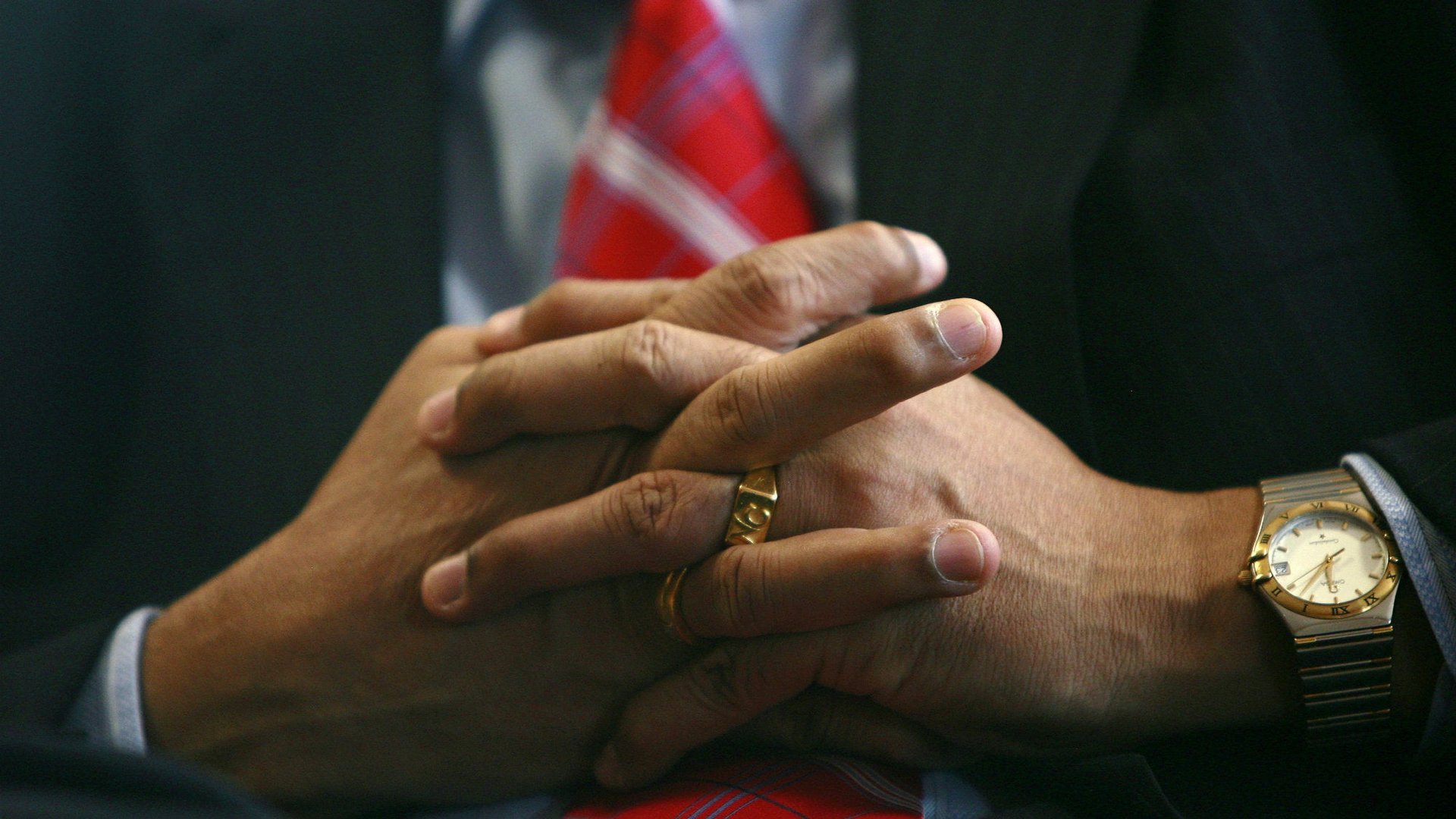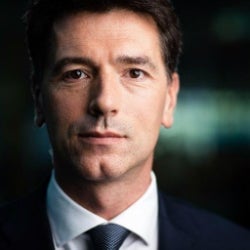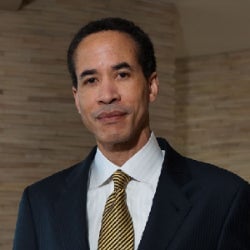We got 10 CEOs to tell us their one killer interview question for new hires
Where do you see yourself in five years? Tell me about a time when you showed leadership. What is your biggest weakness?


Where do you see yourself in five years? Tell me about a time when you showed leadership. What is your biggest weakness?
These are the standard questions that job candidates face during interviews. And by now, everyone also has standard answers. (“My biggest weakness? I work too hard.”)
As you scale to the upper rungs of the corporate ladder, you are unlikely to field such hackneyed queries. For leadership positions, it’s the softer skills that matter. Quartz spoke with 10 CEOs and other senior execs about their interview techniques, and the one killer question they like to ask job candidates. Their approaches vary, but all are designed to test a person’s mindset and mentality.
A first-rate résumé won’t help you now. Consider yourself warned.
“Would you rather be respected or feared?”
Michael Gregoire, CEO of CA Technologies, an IT management software company, admits that his favorite interview question is a bit Machiavellian. It never fails to catch people off-guard, and “really reveals what they think about their leadership style,” he says.
In theory, there is no right answer, but in practice the role they’re interviewing for determines which way the CEO leans. In a collaborative environment, it’s better to be respected than feared; at a business unit that’s struggling, the stick may be more useful than the carrot.
“Why are you here today?”
It’s an incredibly open-ended question, but when he asks it in interviews, Gordon Wilson, CEO of Travelport, a UK-based, Nasdaq-listed software firm, is looking for a very specific answer.
“I’m surprised how many times people talk about the benefit of the job from their point of view, versus the benefit that they’re going to bring to the company,” Wilson says. This helps him judge whether a candidate is joining a team or whether “it’s all about me.”
Presumably, he’s looking for an even split between the benefits to the company and the person? “At least!” he says. “I’d want 75-25: if you benefit the enterprise the personal thing will come.”
“What’s your biggest dream in life?”
A little homework goes a long way before a job interview. This certainly applies when facing Zhang Xin, co-founder and CEO of SOHO China, a commercial property developer.

When she asks candidates her go-to interview question, they should know—given her background—that no answer is too ambitious. After all, the self-made billionaire built her empire essentially from scratch, saving money from work at a grim garment factory in Hong Kong to pay for an education in England that led to her starting what quickly became China’s largest office developer.
Needless to say, when Zhang says that she is attracted to people who are “free spirited,” she means it.
“I ask how they were treated.”
Not the candidates, but people who would have encountered the candidates on their way to an interview with Rick Goings, CEO of direct-sales pioneer Tupperware.
“I talk to the driver who brought them in from the airport, my assistant, and the receptionist who welcomed them. I ask how they were treated. There you learn how this person acts,” Goings says.
What he’s after is a sense of the “non-cognitive skills” that good leaders need to manage and inspire teams. To this end, he’ll meet with job candidates to ask them questions, of course, but he finds that equally valuable information comes from other sources who’ve vetted candidates through everyday interactions with them.
“What is your favorite property in Monopoly, and why?”
Ken Moelis, the founder and CEO of Moelis & Co, an investment bank, likes to lob this unexpected question at freshly minted MBAs interviewing for mid-level positions.
It’s a “great way to hear how people think of risks and rewards,” he says.
“Tell me about when you failed.”
Dissecting past failures is something of an obsession for CEOs, who focus on it to look for resilience, creativity, and humility in candidates. A person who can speak openly, honestly, and specifically about their personal shortcomings is attractive, but only if they can also explain how they are “a better person, partner, leader, and manager as a result,” says Roger Crandall, CEO of American insurance group MassMutual.

A variation on this theme comes from Davide Serra, founder and CEO of Algebris, a London-based hedge fund. He takes a similarly personal approach, asking candidates, “What’s the biggest mistake you made and what have you learned from it?”
For finance firms in particular, there is danger lurking around every corner. To this end, company bosses want managers around who won’t panic when things go wrong and are self-aware enough to recognize if their own actions might be the source of the problem. Vague answers in which candidates only paint themselves as bystanders to failures foisted upon them by outside forces do not build confidence.
“Talk to me about when you were seven or eight. Who did you want to be?”
Barbara Byrne, vice chairman of investment banking at Barclays, admits that she’s “not a technical interviewer.” By the time a candidate gets an interview with her, she assumes that they’re smart. But can they pass her “airplane test”? That is, “Could I sit on a plane from New York to LA with you and not be bored out of my mind?”
Childhood dreams, she says, are a good conversation-starter for such a long haul.
“Some people can be there right away,” Byrne says. “You connect to the real person.”
The wine list test
It’s a similar story for Charles Phillips, CEO of Infor, an enterprise software company based in New York. “Anyone can fake it for 45 minutes,” he says.

Instead of a traditional interview for senior roles at his company, the CEO takes a candidate out to dinner with a handful of other senior execs. “I like to watch how they handle themselves in an unstructured environment,” he says.
A key test comes early in the meal: “I give them the wine list.” The person has to convince the group that they know a lot about wine, or pretend that they do, or just pick the most expensive bottle, or ask for help. How they choose and how successful they are in explaining themselves is one part of the test. Also: “You watch how they treat the waiter,” Phillips notes. “I love that.”
Another test comes at the end: “We always surprise them by asking, ‘Tell me a joke.'” This reveals whether someone has a sense of humor, of course, but also whether they can think on their feet in a strange and unfamiliar situation.
Walk the talk
Speaking of relaxed, the high-strung won’t fare well in front of Atul Kunwar, president and CTO of Tech Mahindra, an outsourcing provider. He doesn’t have a go-to interview question as such, but lets a candidate’s professed passions guide the conversation.
A candidate’s hobbies and interests are not fodder for small talk. When one job seeker mentioned that he was a keen singer, “I told him to sing for us, a very senior panel of executives,” Kunwar recalls. His assessment:
He had the gumption to do it, and he sang very well. To me, it meant he was passionate and able to build skills on his own. And when the crunch time came, he had no hang-ups. We need people with that sort of belief and passion.
With additional reporting by Jenny Anderson